India is a land of such ingrained patriarchy, that we’ve almost become desensitised to the severe injustice women live through. And what you are about to read is one of the most brutal chapters in the history of Indian women.
For generations, the Dawoodi Bohra community of Indian Muslims have been practising the brutal tradition of ‘Khatna’ – which is their name for Female Genital Mutilation (FGM) – where young girls of 6 to 9 years are tricked into the brutal theft of their womanhood.
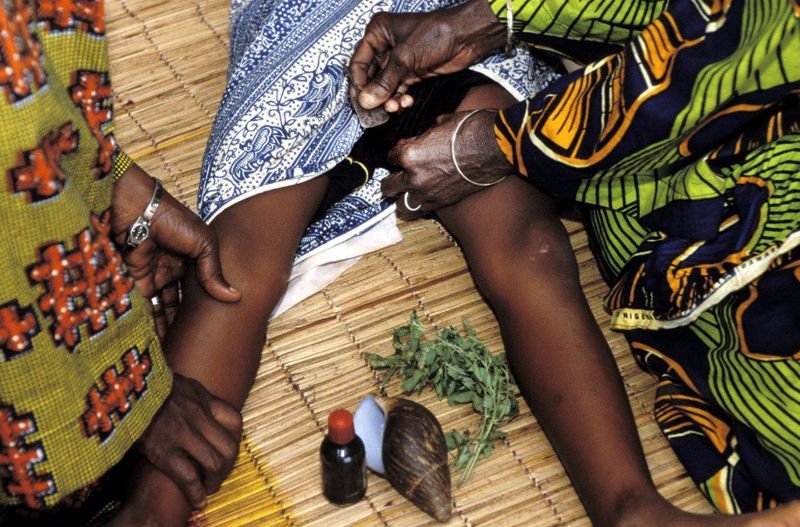
FGM has been extensively documented in countries including Egypt, Ethiopia and Indonesia, but in India, it has been shrouded in painful secrecy.
The Indian Dawoodi Bohra community, a Shia Muslim sect with origins linked to Africa is thought to exceed one million in number. Across the world, an estimated 200 million girls and women alive today have been through genital mutilation.
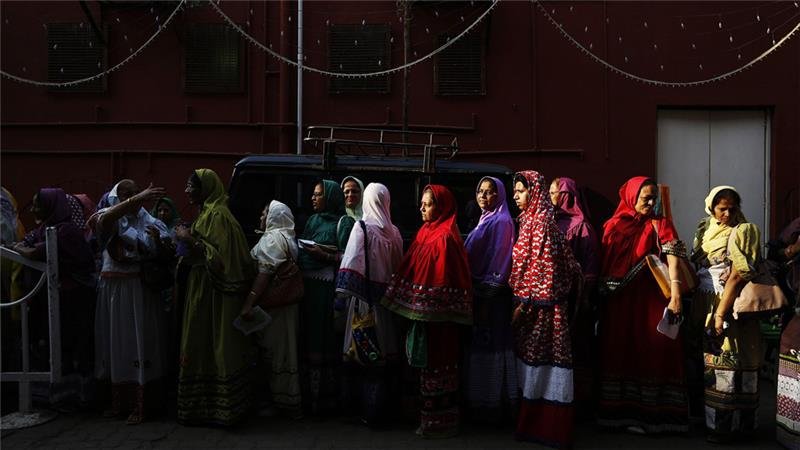
And these millions give in to this gut-wrenching tradition based on the misconception that it is so written in the Quran.
In an interview with Al Jazeera English, Dr. Zeenat Shaukat Ali, a professor of Islamic studies confirmed, “Nowhere is it mentioned in the Quran, it is a ‘tradition’. It has nothing to do with religion. We always have this tendency to confuse religion and culture.”
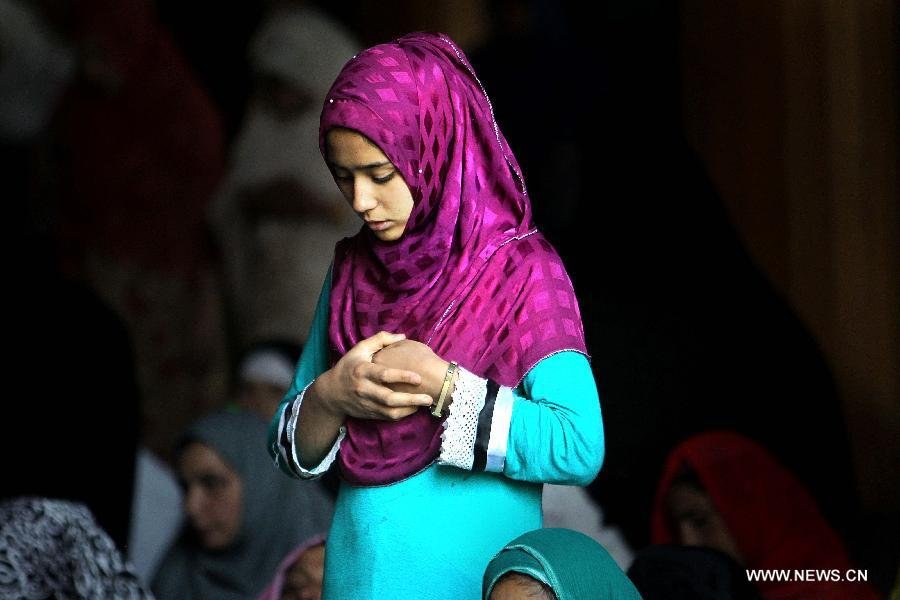
“The idea is to suppress women, to dominate them,” Dr. Ali said.
It is widely believed that religion is used as an excuse to justify the practice which is done to “prevent promiscuity”. Others in the community label it ‘female circumcision’ as justification. Long seen as a religious obligation, Khatna is so widely carried out largely on the basis of the constant support from the Bohra sect’s communal leaders.
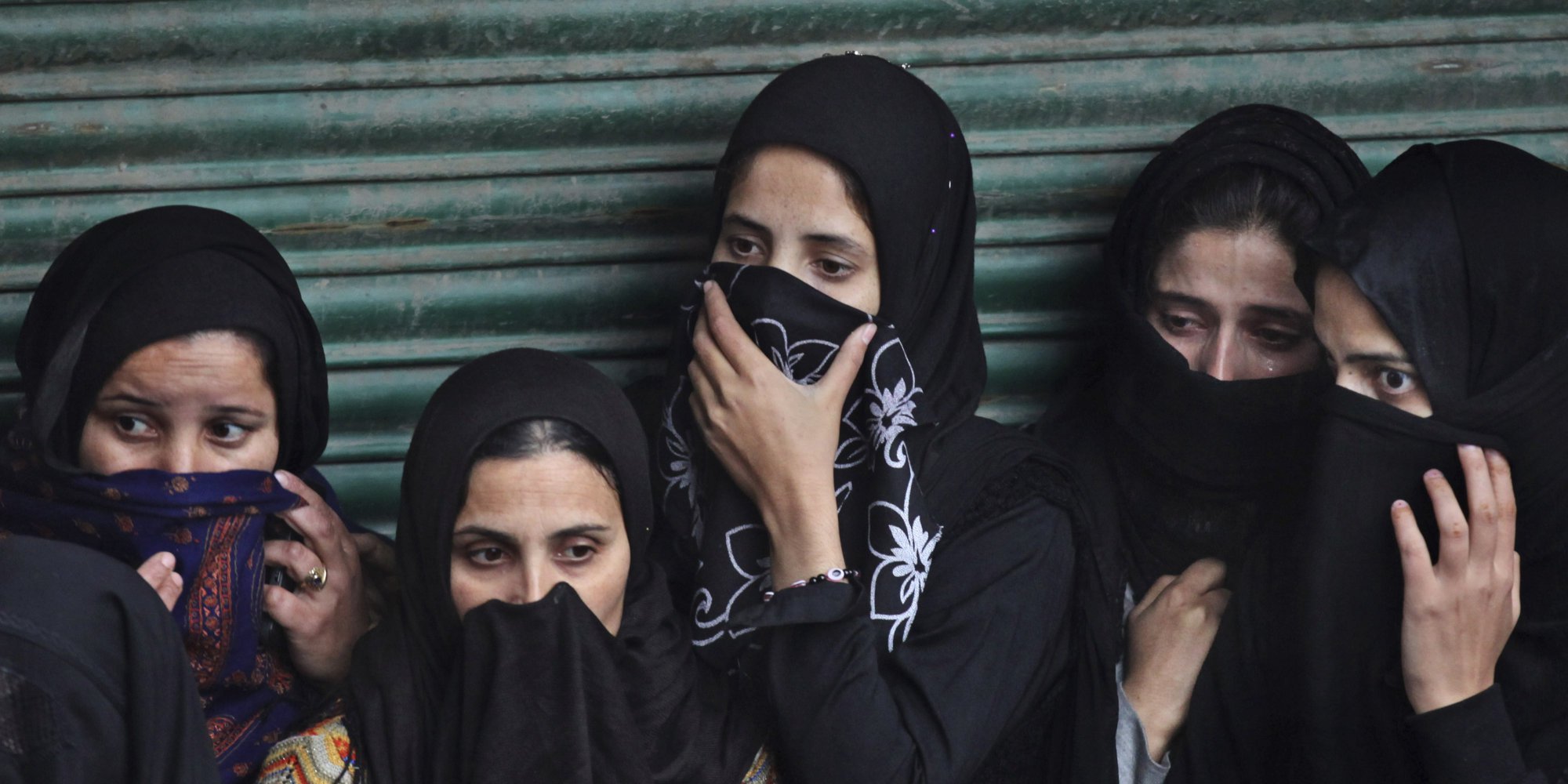
About 40 years ago at the age of seven, Masooma Ranalvi was lured to a dark alley in a decrepit-looking building by her grandma’s promise of ice-cream. It is a day that she will never forget.
“I remember it so clearly. I was told to lie down, my legs were held and I was cut with a razor. It was a sharp piercing pain. It was so scary and I couldn’t stop crying,”
She looks back on the primitive way in which it happened and no one ever spoke of it afterwards. It was not until Ranalvi was in her late 20s that she read about the practice in Africa and drew parallels with what had happened to her.
“I was shattered. It was horrifying to realise that part of my clitoris was ripped out.”
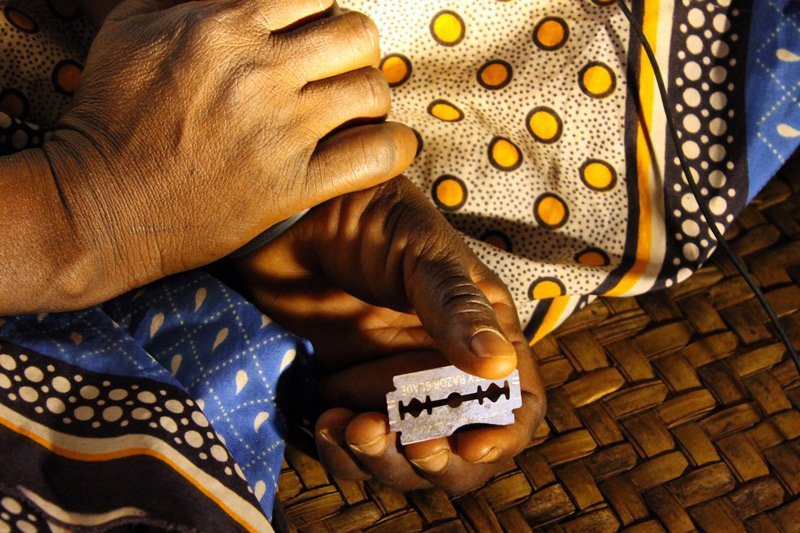
Such is the story of the multitudes of women who have lived through the traumatic memory that plagues their existence, and yet is kept a secret.
Speaking out against FGM is an absolute necessity at this point. For most women that have undergone this terrible fate, the psychological impacts are vast, ranging from intimacy issues to marriage troubles and social anxiety.
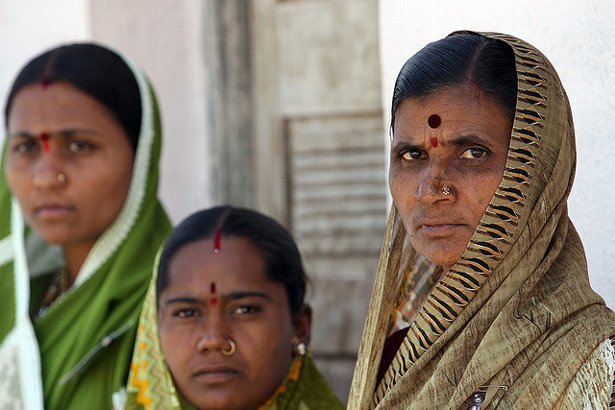
It is an archaic and grossly inhumane practise that completely lacks any sort of consent that leaves a woman feeling utterly violated for the rest of her life. And the only way victims can overcome the damage of FGM, and stand up to keep the practise from scarring the coming generations of girls, is by speaking out about it.
Holding back tears, another victim spoke of her regret at having her 15-year-old daughter also cut at the age of seven. “I told her how sorry I am. If I was aware I would have fought against it. Every woman feels like they’ve been cheated,” she told Al Jazeera English.
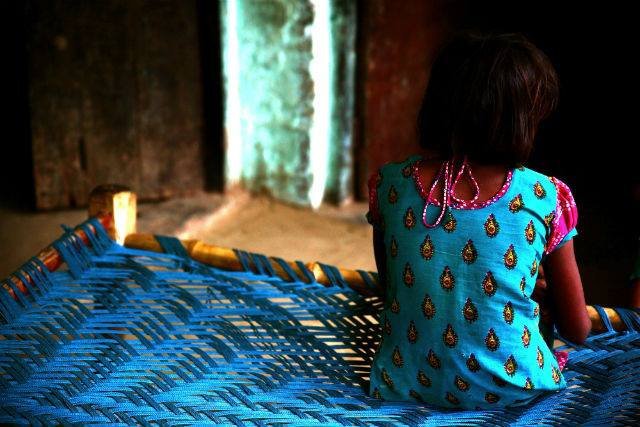
Activists feel that the legal system being on their side may not be enough. The practise is so secret, it will simply go underground. What the women of the community need is engagement with as many people as possible and open dialogue on the issue.
We need a change in hearts, minds and understanding. We have a long battle ahead and it won’t happen easily,” Masooma Ranalvi said.
Let me leave you with these resounding words from one of the millions of victims to this heinous crime against humanity. “A revolution has to come and end this practice. Ultimately it’s a form of abuse.”

















